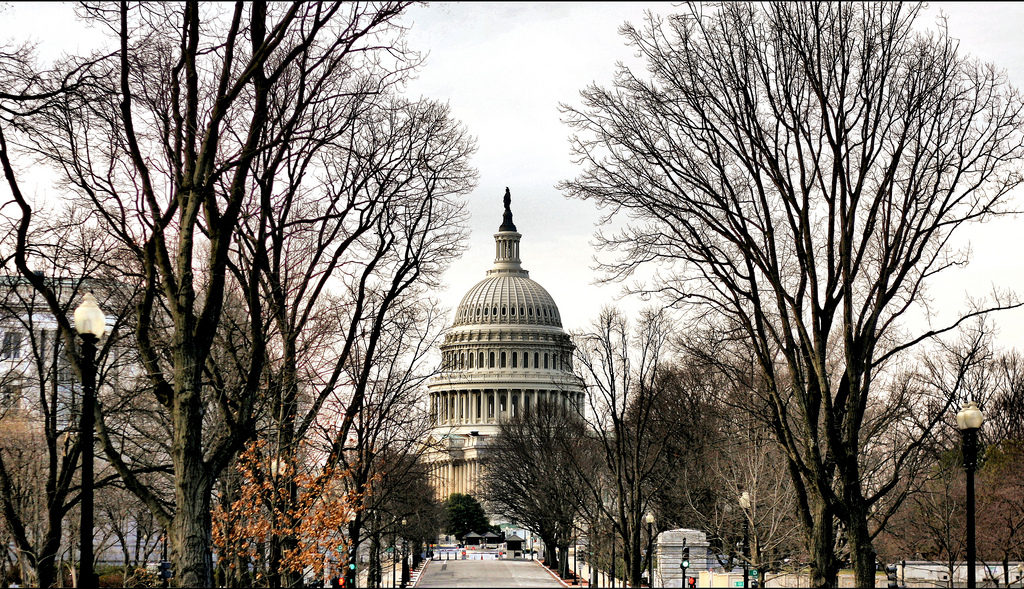To avoid a third government shutdown this year, which would begin at 12:01 a.m. October 1, the Senate voted Tuesday to pass a $854 billion spending bill, which includes funding for the departments of Defense, Health and Human Services (HHS), Labor, and Education. Six Republican Senators joined Senator Bernie Sanders (I-VT) in opposing the bill, which also includes a short-term stop-gap bill to fund the rest of the federal government through December 7.
According to a report from The Hill, the sweeping package marks a “significant victory” for Senate Majority Leader Mitch McConnell (R-KY) who has dedicated weeks of floor time to government funding and avoiding another unpopular omnibus bill less than eight weeks before the midterm election.
The 93-7 vote on the spending bill is also the first time since 2007 that the upper chamber has voted to approve funding for HHS, Labor, or Education outside of an omnibus bill. Early on, negotiators in the Senate reportedly agreed to avoid attaching riders, keeping partisan-based pork out of the final House-Senate version of the “minibus.”
“These milestones may sound like inside baseball, but what they signify is a Senate that is getting its appropriations process back on track; a Senate that is attending to vital priorities for our country,” McConnell said.
Of the $854 billion, $785 billion fell under agreed-upon budget caps, with the rest coming from off-budget funds such as Overseas Contingency Operations (OCO), sometimes referred to as “war funds.” Within Defense’s budget are pay raises for those serving in the military.
The package represents approximately two-thirds of the 2019 spending allotment for Congress.
Although the House of Representatives is away from Washington this week, they are slated to vote on the spending bill next week to ensure the government is funded beyond the end of the month.
An initial spending package has been sent to President Donald Trump that funds the Legislative Branch, energy and water infrastructure and additional federal bills, military construction projects, and the Department of Veterans’ Affairs. If signed by Trump, the Republican majority will have gotten five out of the 12 individual appropriations bills to his desk before the end of the 2018 fiscal year.
Currently, Congress is working on a third package of four bills, funding the departments of Agriculture, Interior, Transportation, as well as financial services. They hope to send the package to President Trump soon, but contrasts between the upper and lower chambers remain.
One aspect that is drawing much contention is the inclusion of a resolution in the Department of Homeland Security bill regarding Trump’s proposed border wall. The President threatened to veto a March spending bill that he felt did not include sufficient funding for the wall along the U.S.-Mexico border.
However, what is likely to happen is lawmakers bracing for a December fight over funding for the border wall with both chambers far apart on how much to include. The Hill reports that the House version of the bill includes $5 billion of funding, while the Senate version includes $1.6 billion and limits spending to reinforcing existing barriers.

